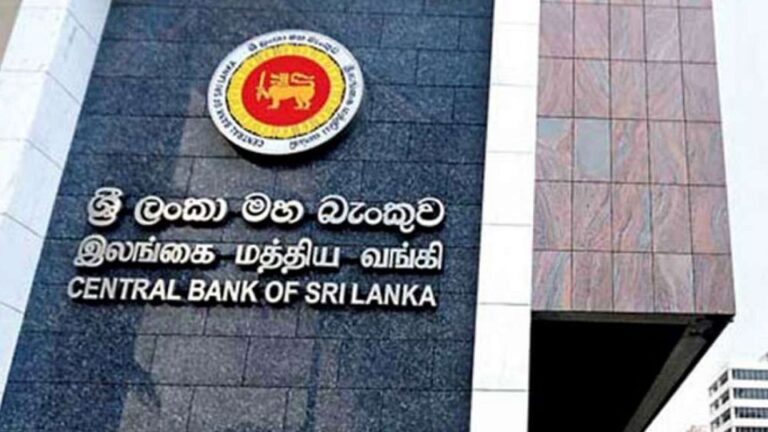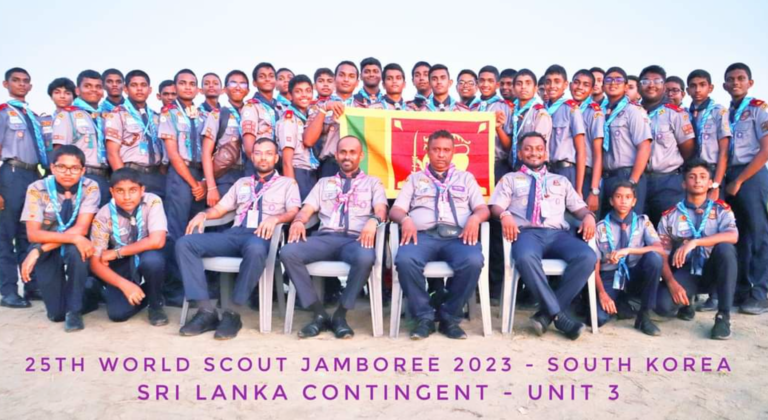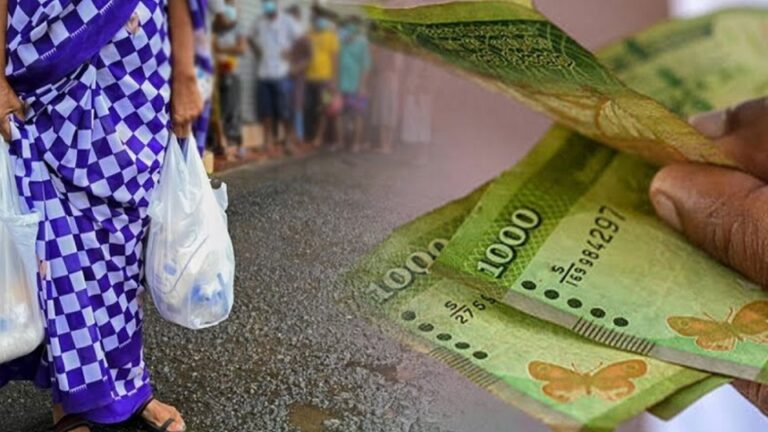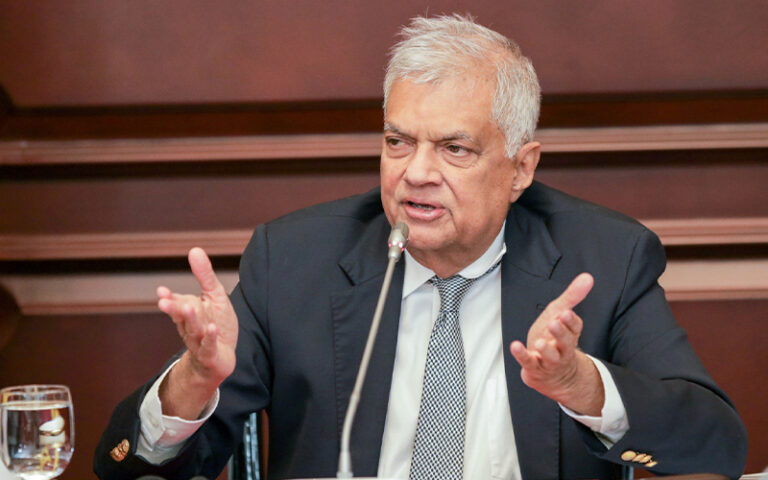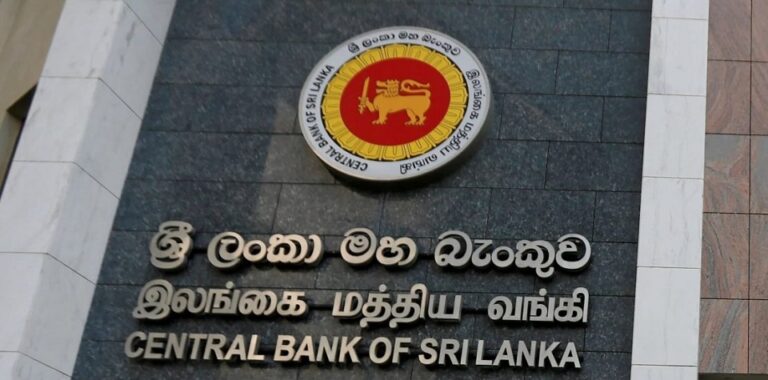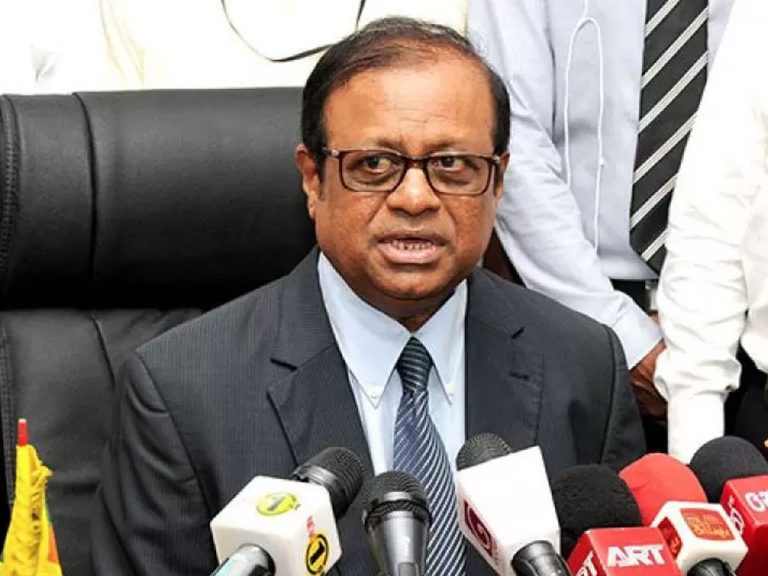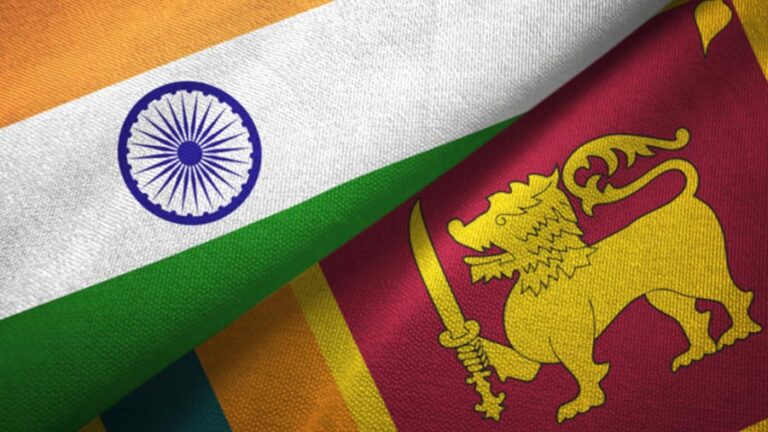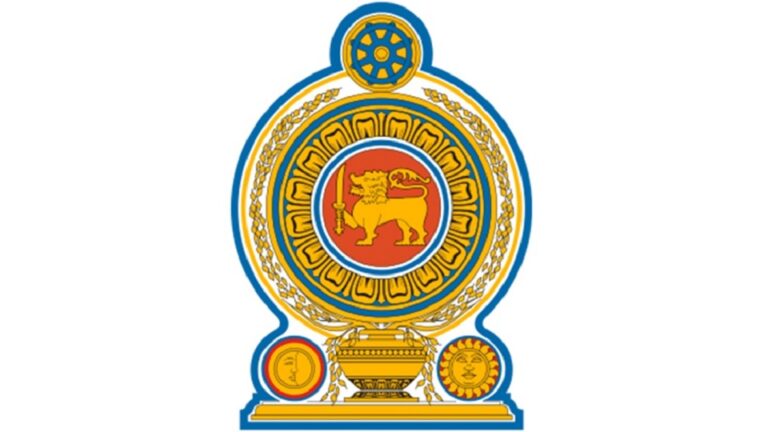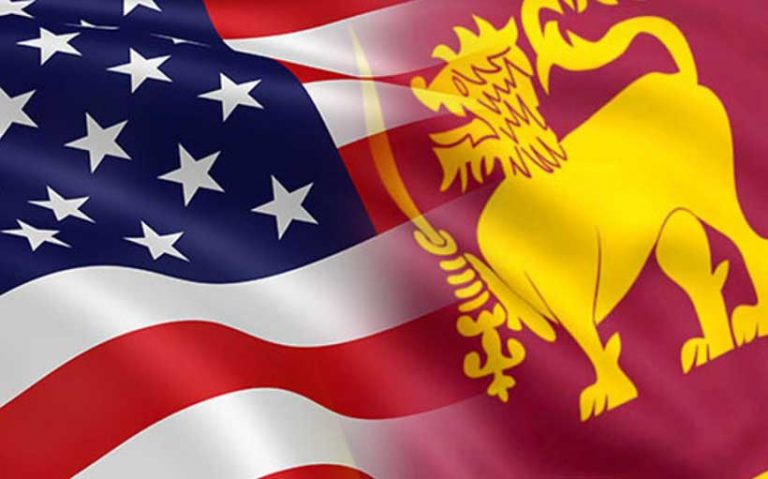The CB today announced a 2% cut of the statutory reserve ratio (SRR) as part of its monetary policy relaxation since 31 May 2023. Accordingly, this adds to the relaxation of policy rates cuts of 2.5% on 31 May and 2% on 5 July to 11% and 12% at present from earlier levels of 15.5% and 16.5%.
The short press release of the CB is given below. This short article is to highlight the factual inaccuracies of the contents of the press release.

Factual inaccuracies
1. SRR applicable on all rupee deposit liabilities of LCBs
At present, SRR is applicable only on selected rupee deposit liabilities and not on all.
2. To inject liquidity to the banking system
Funds (vault cash and deposits with the CB) held by banks for SRR also are a part of the banking sector liquidity. Therefore, the reduction in SRR only raises the usable or excess liquidity. Banks also can manipulate the SRR for the liquidity needs as banks are not required to maintain 100% of the SRR everyday.
3. Further reduce market liquidity deficit on a permanent basis
- Whether the market liquidity is a deficit or surplus depends on demand supply conditions of the money/credit markets and the economy, the CB’s OMO for maintenance of policy interest rates corridor and the CB’s holding of Treasury bills for lending to the government (Rs. 2.7 trillion at present).
- At present, there is a banking sector liquidity deficit due to two major reasons. First is the inactive money market due to banking vulnerabilities and inter-bank trust issues. Second is the restriction of the CB’s overnight lending facility (standing lending facility) to banks only up to 90% of the SRR. Therefore, overnight lending and liquidity will further reduce due to the reduction in the SRR.
- However, the CB regularly injects new liquidity through money printing based on overnight and term reverse repo auctions to finance the deficit so that policy rates corridor is maintained. Today, the CB offered Rs. 170 bn and injected Rs. 116.7 bn. Therefore, the market liquidity is a matter to be handled by the CB’s policy rates based OMO and not by the SRR.
4. To release around Rs. 200 bn of liquidity to domestic money market
In view of the above clarifications, this is not a release of the liquidity. Further, this is not about the liquidity in the domestic money market but about the changes in the uses of banking sector liquidity.
5. Enable a further downward adjustment in the market lending rates as a result of the reduction in the cost of funds
- Market lending rates are largely determined by credit risks of borrowers and credit demand conditions depending on the real economy. Banks create credit and money through book entries depending on liquidity and risks and, therefore, the cost of funds is not a direct component in determining bank lending rates.
- In view of the present macroeconomic contraction caused by the CB’s super tight cycle of the monetary policy for more than one year, the default of public debt and resulting real business risks, lending rates cannot be expected to fall and recommence the flow of credit until the economy recovers from the currency debt and foreign currency crisis.
- Unlike in the recent past, interest rates at today’s Treasury bill auctions and inter-bank market have not felt any sentiments of such a material SRR cut yesterday.
- Further, the impact of the SRR on bank cost of funds is not measured by the CB.
6. Take appropriate administrative measures to ensure faster reduction of market interest rates
The new Central Bank Act does not provide for such administrative controls although the repealed Monetary Law Act provided for a wide range of provisions.
7. Pass the benefits of the SRR reduction to their customers without delay
- As shown above, reduction of lending rates and and increase in the supply of credit to borrowing customers cannot be expected.
- During the policy rates cutting cycle, banks will not raise interest rates to deposit customers even if the SRR is reduced to zero.
Concluding Remarks
- Contents of the press release are only what the CB habitually states when the SRR is reduced. It does not provide any factual evidence to establish its benefits to the economy and general public.
- The SRR is a tribal monetary policy instrument which is dead in modern monetary policy models.
- Therefore, other than the monetary policy rhetoric by the CB and its media network to deceive political leaders, nobody can expect any macroeconomic benefits from the SRR cut together with policy rates cut to the current status of the crisis-hit/bankrupt economy as they are not divine-proven monetary tools.
(This article is released in the interest of participating in the professional dialogue to find out solutions to present economic crisis confronted by the general public consequent to the global Corona pandemic, subsequent economic disruptions and shocks both local and global and policy failures.)

P Samarasiri
Former Deputy Governor, Central Bank of Sri Lanka
(Former Director of Bank Supervision, Assistant Governor, Secretary to the Monetary Board and Compliance Officer of the Central Bank, Former Chairman of the Sri Lanka Accounting and Auditing Standards Board and Credit Information Bureau, Former Chairman and Vice Chairman of the Institute of Bankers of Sri Lanka, Former Member of the Securities and Exchange Commission and Insurance Regulatory Commission and the Author of 11 Economics and Banking Books and a large number of articles published.
The author holds BA Hons in Economics from University of Colombo, MA in Economics from University of Kansas, USA, and international training exposures in economic management and financial system regulation)
Source: Economy Forward


